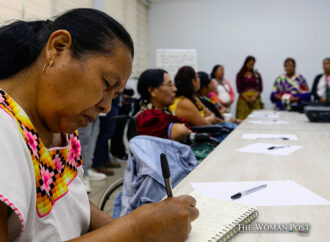Since its creation, TikTok has presented several criticisms focused on teenagers’ mental health and that its algorithm has been characterized as fat-phobic, xenophobic and racist. TikTok is a platform that was created in 2016 and came with the premise of watching short and entertaining videos in a maximum of 30 seconds. This social network has
Since its creation, TikTok has presented several criticisms focused on teenagers’ mental health and that its algorithm has been characterized as fat-phobic, xenophobic and racist.
TikTok is a platform that was created in 2016 and came with the premise of watching short and entertaining videos in a maximum of 30 seconds. This social network has captivated many children and young people because the algorithm accommodates the personal tastes of each person and the trends of the moment. However, since its creation, it has presented several criticisms focused on teenagers’ mental health and that its algorithm has been characterized as fat-phobic, xenophobic and racist.
In 2019, TikTok -formerly Musical.ly- had to pay $5.7 million to the Federal Trade Commission as it had not obtained the required parental permissions for minors to access the platform. The above is evidence that from the beginning, the creators of this social network did not establish responsible guidelines for those accessing this content, thus creating repercussions for children and adolescents. As a result, a filter was designed whereby only people over the age of 13 could create an account to access the platform. However, it is known that teenagers often lie about their age -there is no way to control this- to access different types of content on the Internet.
Currently, prosecutors in California, Florida, and Kentucky have opened an investigation to determine this application’s effects on the mental health of children and adolescents in the United States, focusing on the operational and commercial design of the platform. Now, it is no secret that this platform has increased teenagers’ insecurities about how they view their bodies, leading to eating disorders, dysmorphia, and depression.
The biggest problem with this platform is that there is no way to fully control the content uploaded by content creators and how the algorithm adapts to each person who uses it. In turn, it is added that the platform’s algorithm favors videos of people with hegemonic beauty (blondes, white, light eyes, and slim bodies), causing girls and teenagers to be exposed to unhealthy beauty standards. According to doctor Jaclyn Halpern, a PsyD from Washington Behavioral Medicine Associates:
“It is reasonable to conclude that some of the content on TikTok, including some of the dances, may lead to over-sexualization of young people’s bodies. Oversexualization of children by media, in general, is a long-standing concern, particularly for females.”
Also, this algorithm is discriminatory because it does not stand out for people with disabilities who create/consume content on the platform. The above can also generate adverse effects on the mental health of these people who are discriminated against daily and cannot feel safe online.
While TikTok is an entertainment platform that has also served to bring information to people who only consume social media content, it is essential to talk about the risks of unsupervised and excessive use of the application.
Now, the responsibility for the content consumed by children and teenagers also belongs to the parents. They should have the power to teach their children what is appropriate for their age and openly answer the questions they generate in front of what they see. In that sense, doctor Halpern says: “TikTok is indeed a large platform. While there are parental controls available, not all parents know to protect their children from inappropriate content. Though there is a restricted mode, the size of the site may well allow inappropriate content to slip through.”
Then she added, “However, this does not exempt the company from taking responsibility for creating the necessary filters to protect the mental health of children and adolescents who may access the platform.”
In conclusion, TikTok can be a tool to entertain children and teenagers. Nonetheless, it’s also a considerable risk to their self-esteem and mental health. All the social media platforms significantly impact how developing persons perceive themselves, and the noncontrolled content from TikTok can be more harmful than helpful.

























Leave a Comment
Your email address will not be published. Required fields are marked with *